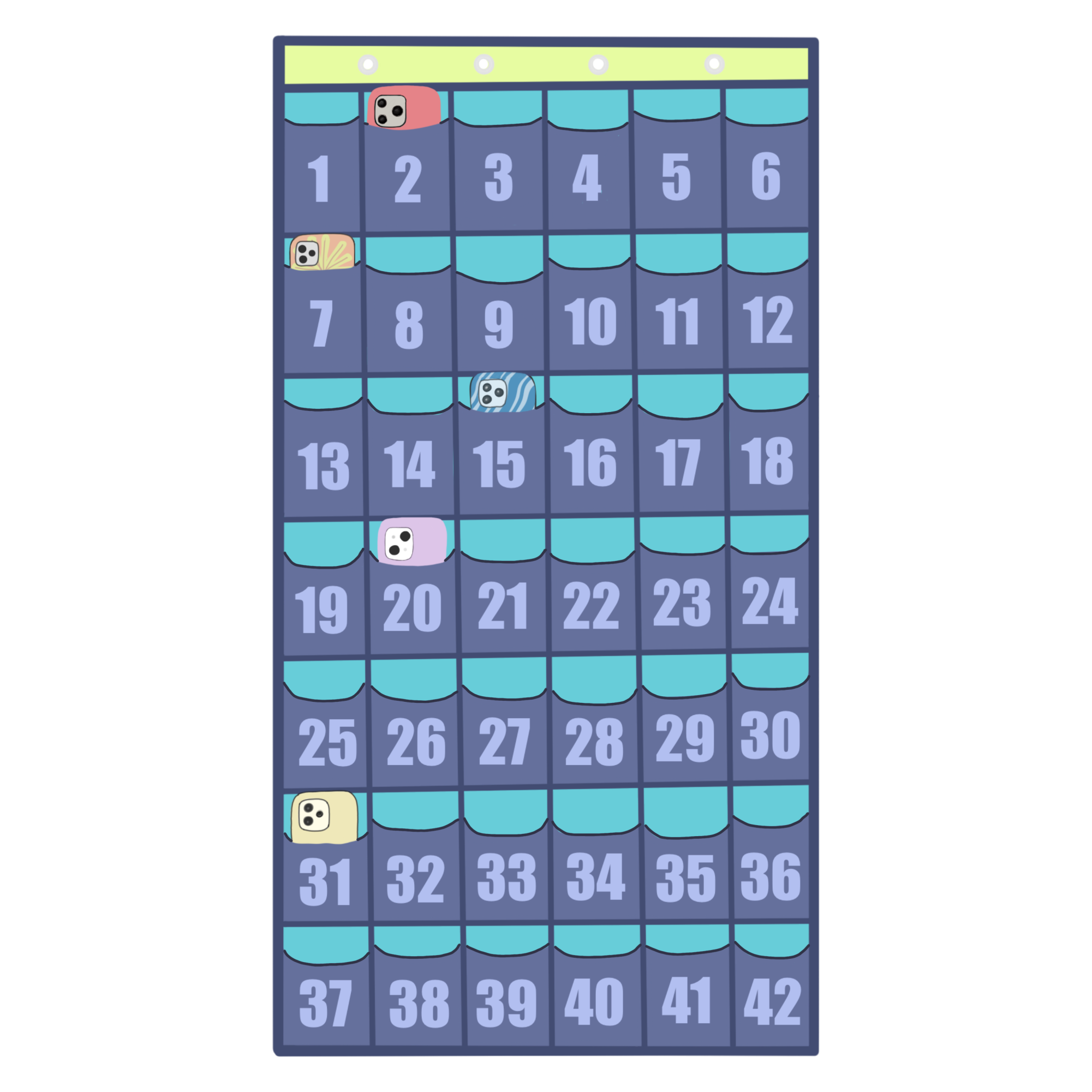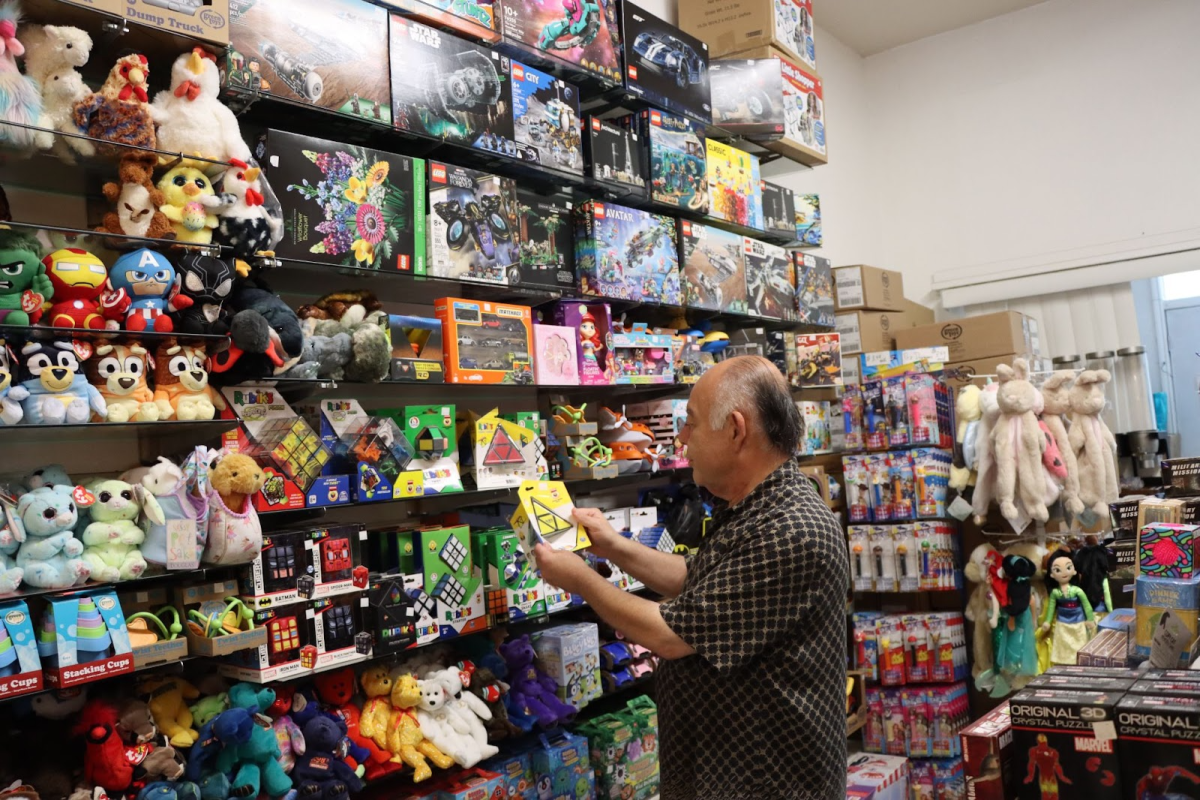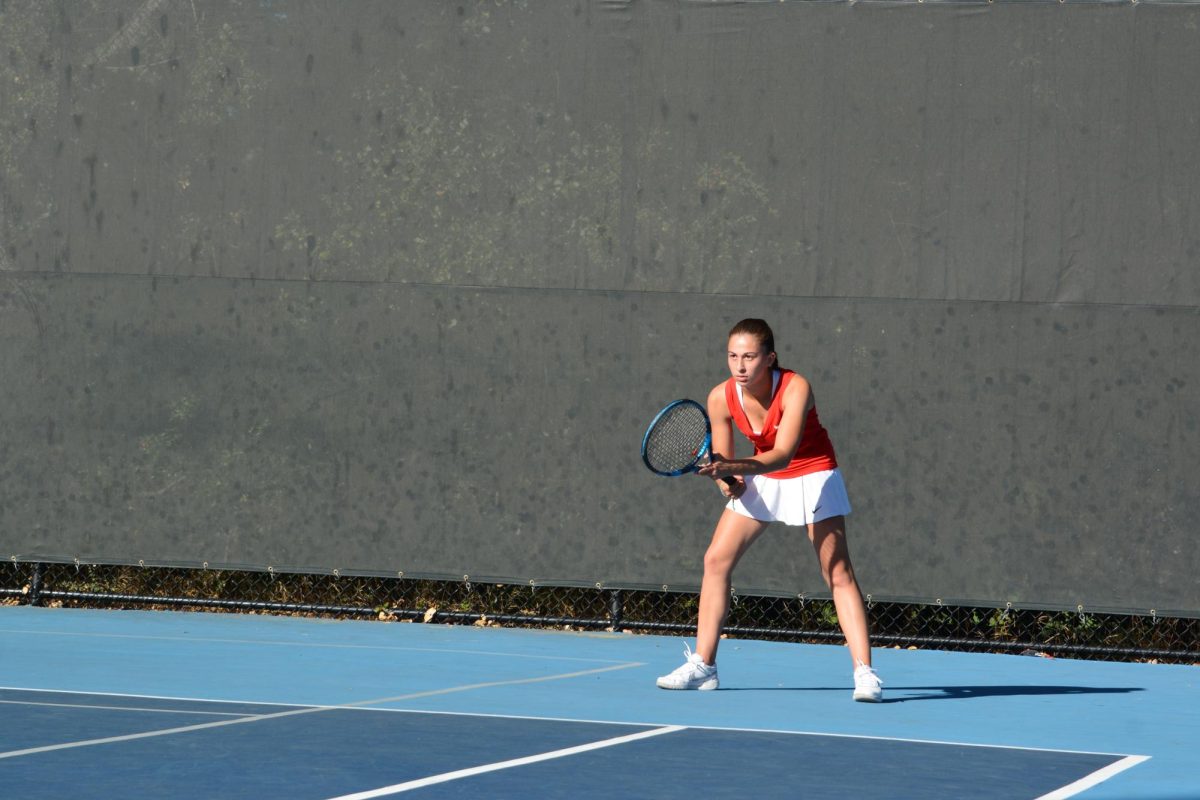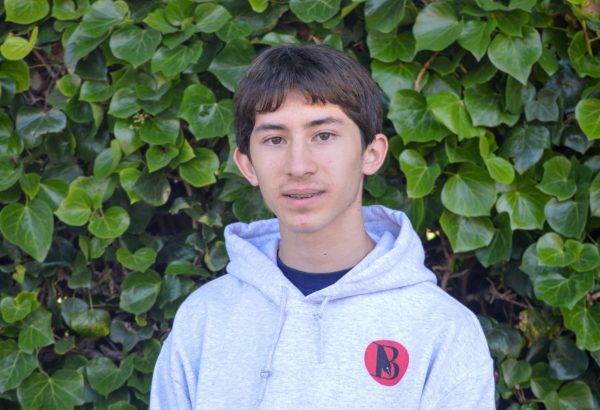Near the end of the 2023-24 school year, administration issued a newsletter outlining two new technolgy policies to be implemented in August. The computer policy mandates that students use school-issued Chromebooks as opposed to personal laptops, and the phone policy requires students to place their phones into inaccessible pouches during each class period.
This announcement — specifically the Chromebook policy — caused initial uproar among the student body. A Change.org petition against the policy was launched by junior Shai Ring after the announcement, accumulating nearly 300 signatures in a week. Regardless, Principal Jen Fong went through with the policies, emphasizing that they were put in place to help students stay productive. This follows from a meeting held by the Curriculum Council last year, during which many department chairs agreed that technology was a major distraction to students.
The change reflects wider discussions on how to deal with technology in school. On Monday, Sep. 23, California Governor Gavin Newsom signed into law The Phone-Free Schools Act requiring schools to develop and enforce restrictive phone policies by July 1, 2026. Beyond academics, a driving factor in the decision was the observed correlation between excessive cell phone usage and declining mental health.
Since implementing these policies, the consensus among teachers has been generally positive. Many teachers have seen improvements to focus and student interaction, and Fong is hopeful that end-of-year averages will report higher grades and test scores.
Chemistry teacher Joshua Dyl shares this optimism, expecting that the change will boost productivity.
“The phone policy is excellent, [and] I’m kind of on the same boat about the laptop policy,” Dyl said. “I think we’re likely to see students get twice as much done during a period and be twice as prepared for quizzes, tests, et cetera, than we were in the past.”
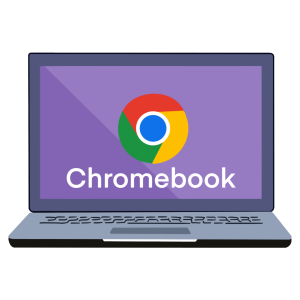
As the go-to guy for application-based software issues, Dyl also appreciates the sense of universality among students that the Chromebook policy promotes.
“If everyone’s using district Chromebooks, everybody’s on the same platform, everybody tends to have the same issues, and then we can solve a lot of people’s problems all at once with one solution,” Dyl said. “It also opens the option to do things like lockdown browsers, which we can’t enforce if everybody has their own devices. So giving tests, quizzes, things like that, in Canvas is a little bit easier, and ultimately, I think it just saves time.”
Advanced Placement English Language and Composition teacher Tim Larkin has used phone pouches for almost two years. Regarding the new computer policy, he agrees that it is helpful in many areas, emphasizing its ability to promote more equitable learning environments.
“I think [the Chromebook policy] serves a number of different purposes, predominantly that there’s an issue of access and equitability in terms of computers,” Larkin said. “Burlingame certainly has a reputation as a very affluent area where we imagine that every kid in this school can afford their own fancy MacBook. But that’s simply not true, right? A sizable percentage of our kids may not have the extra money to get a fancy computer, so leveling the playing field really makes the education experience much more equitable in terms of access to technology.”
That said, many students continue to voice concerns about the Chromebooks’ slow startup time, laggy software, and lack of access to external resources. Additionally, certain classes and extracurriculars require the use of applications only available on non-Chromebooks, leading many students to compromise and carry both devices to school.
Junior and Iron Panthers robotics co-captain Serena Koopmans believes that the computer policy can hinder productivity in many cases.
“It’s important that I’m constantly available to communicate with people about events that I’m coordinating. By not having access to communication software during the day, it’s difficult for me to get to these tasks,” Koopmans said. “Additionally, from the robotics perspective, we have a team of around 20 programmers who can’t code on the Chromebooks because they don’t have the necessary software. They, and many others on the team, have to end up carrying a separate laptop anyways, which is worse for our backs and just inconvenient.”
As it is, inconvenience is the price paid for catch-all solutions. While personal devices allowed students the freedom to manage classwork, teachers saw many using them for non-academic activities like messaging others or browsing social media. As Dyl expresses, the main intent of these policies isn’t to limit student freedoms, but developing better behaviors often requires a sense of restraint.
“I know not everybody’s happy about the Chromebook only policy — it’ll take students a little bit longer to fire the thing up, and some students are not going to love how quickly or how slowly their Chromebook is working,” Dyl said. “But ultimately, it puts us all in the same boat, and I think it will save us time and make things a little bit more consistent across the board.”



